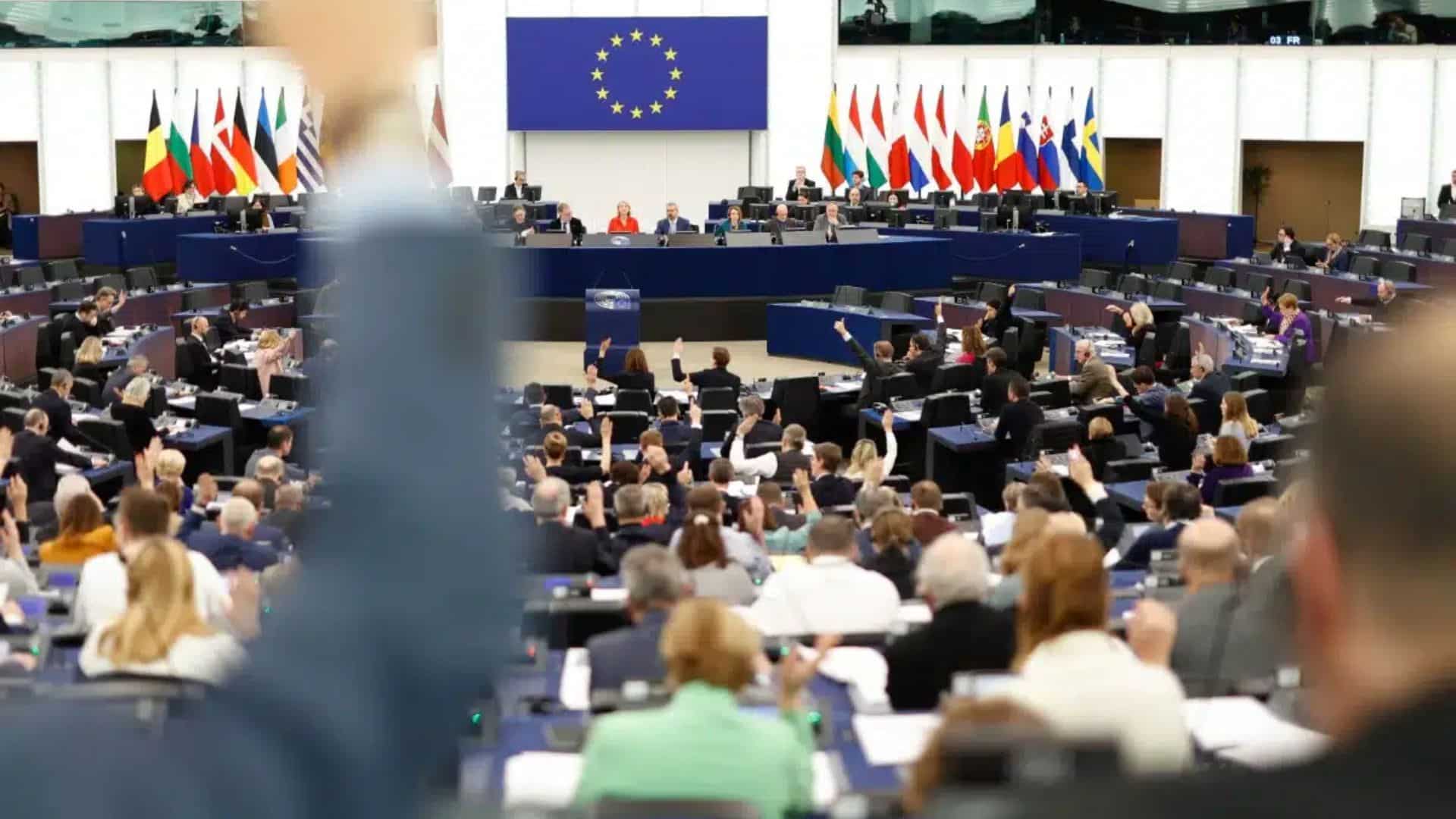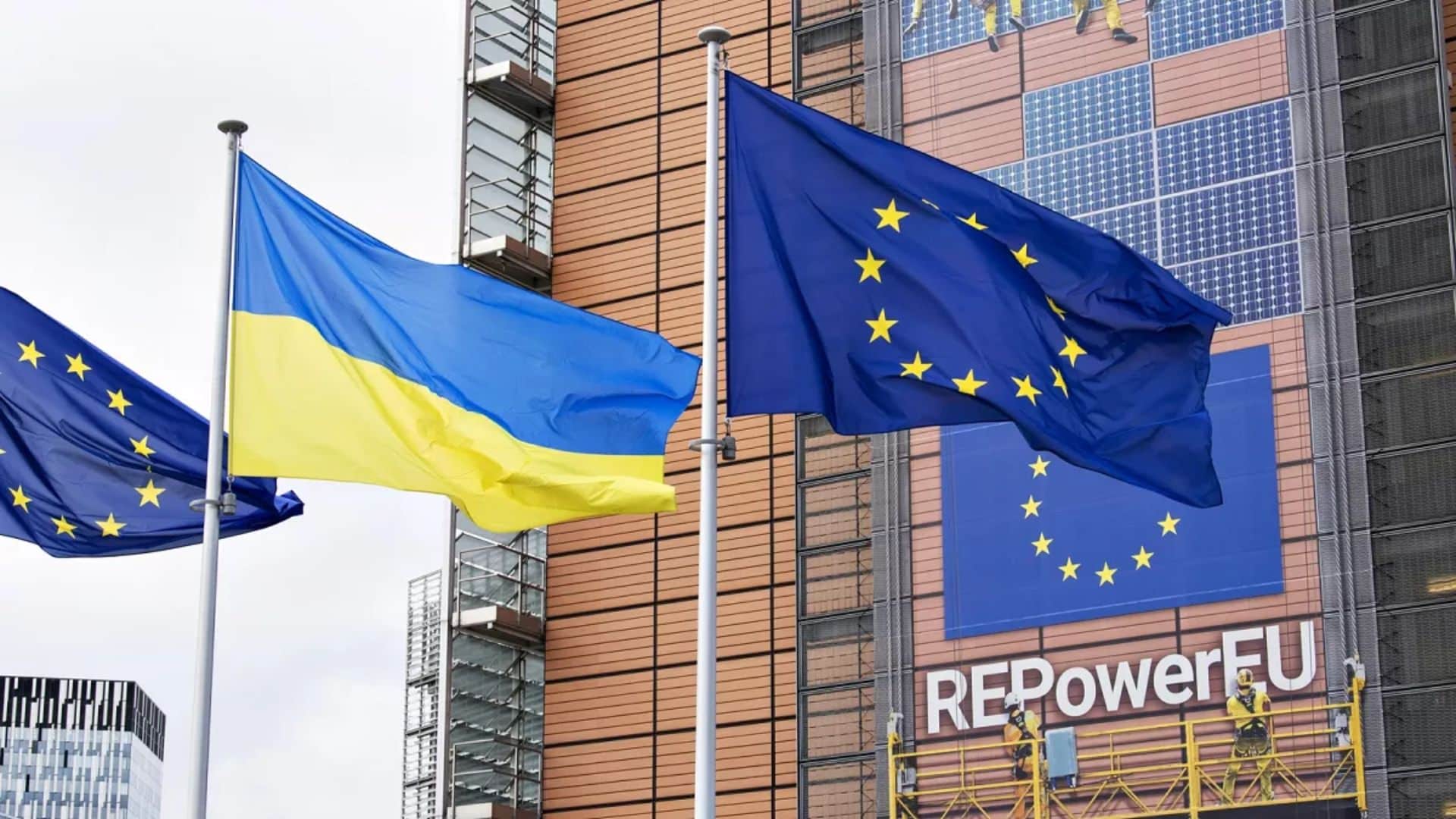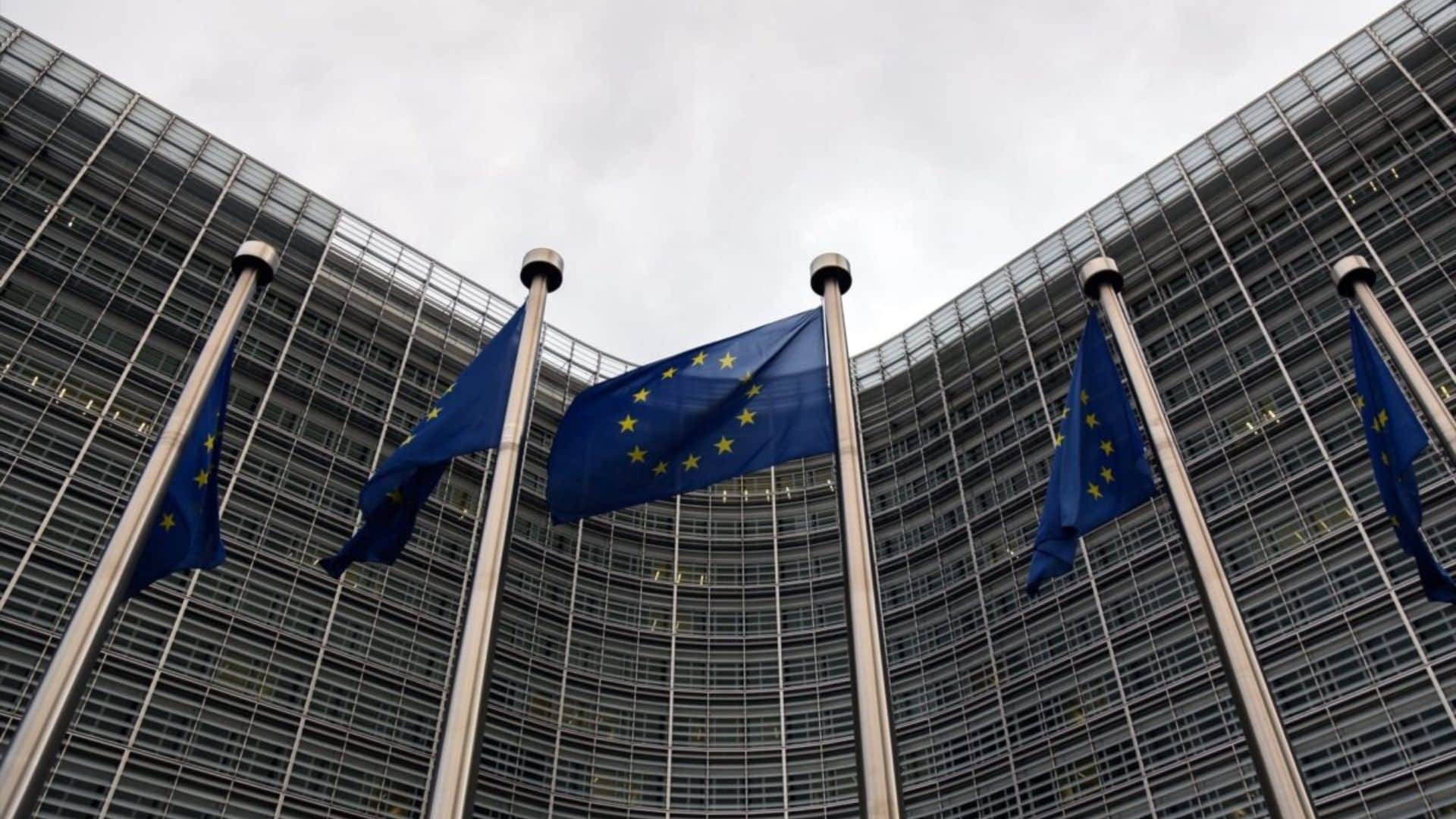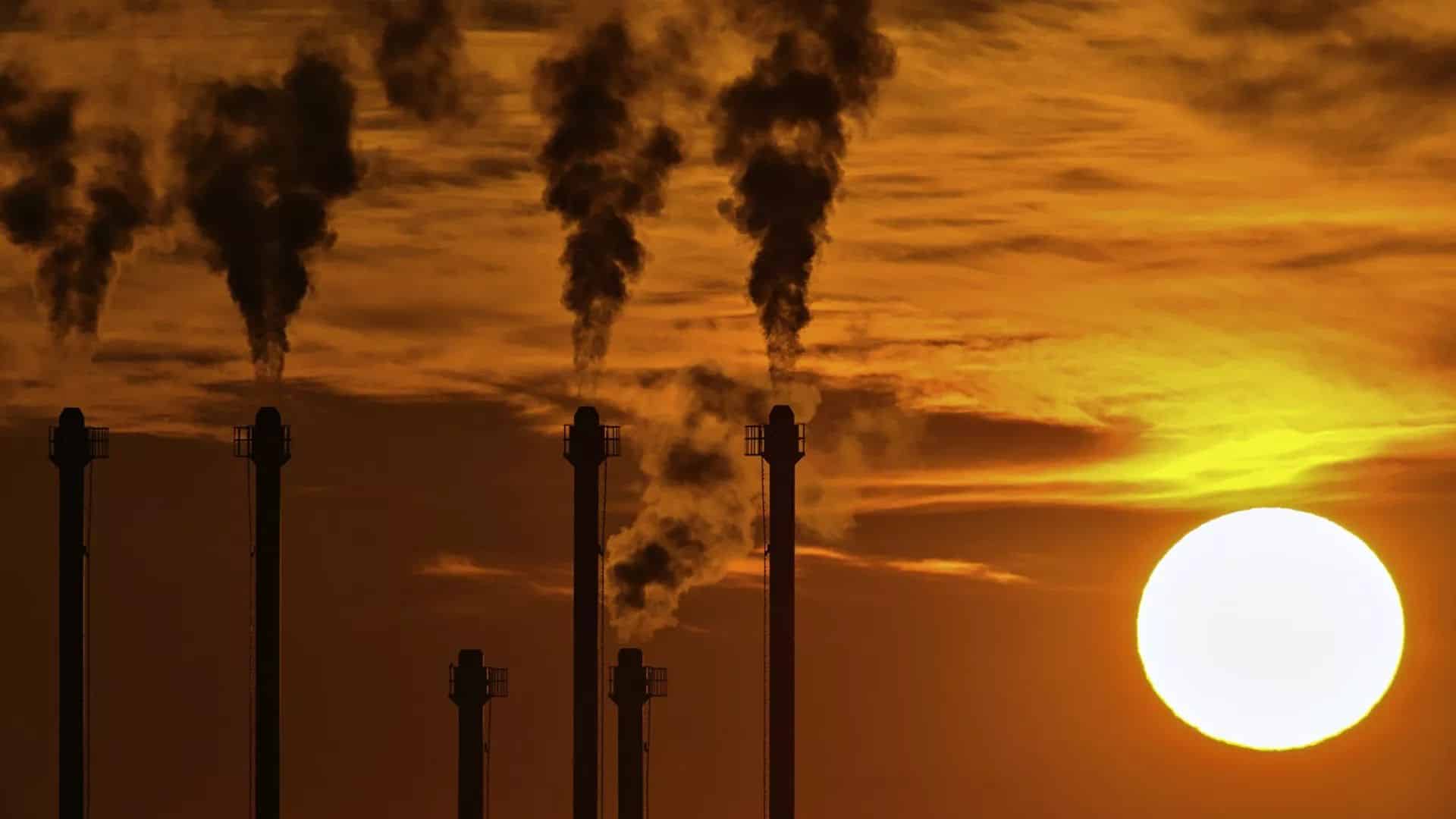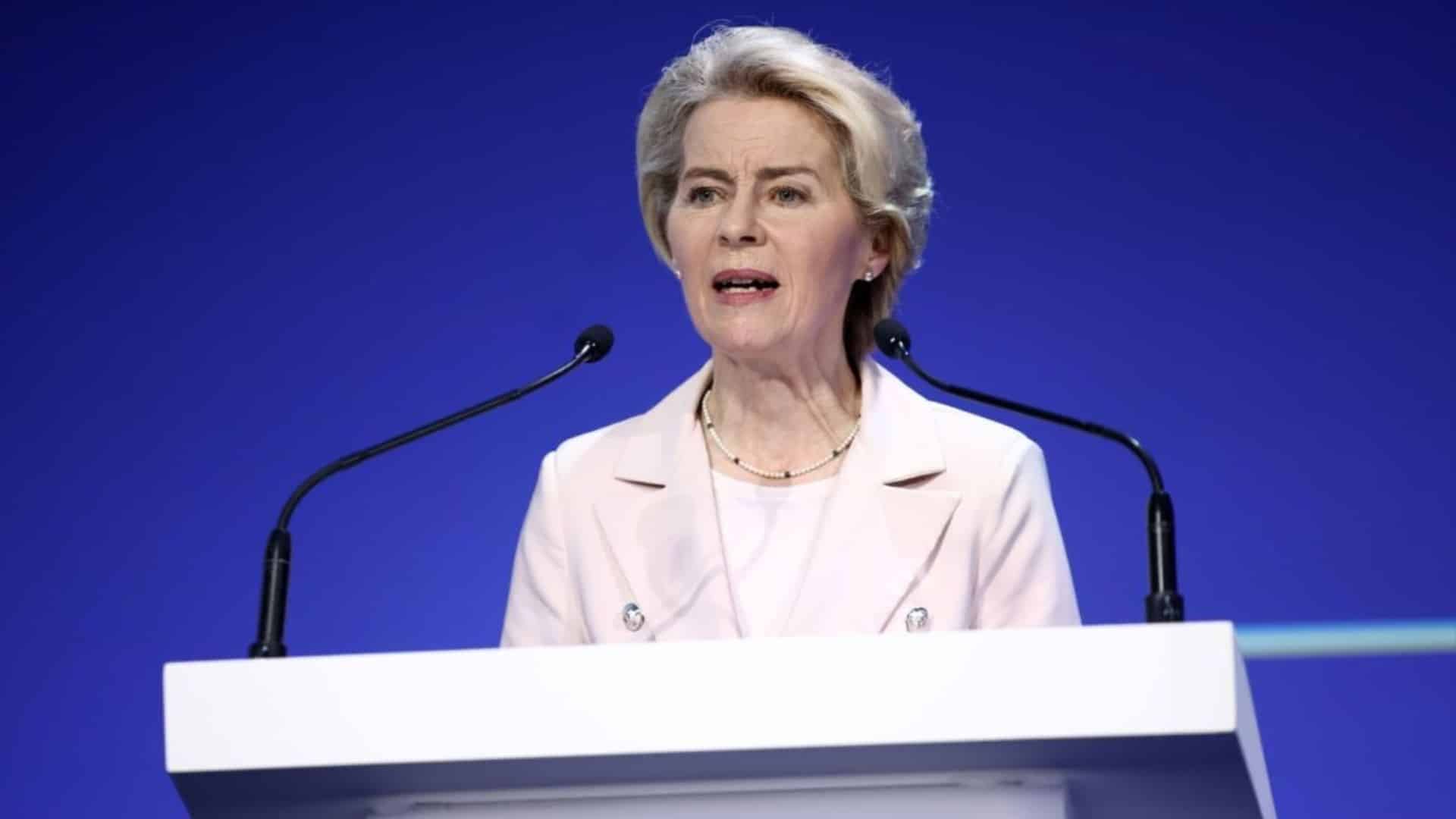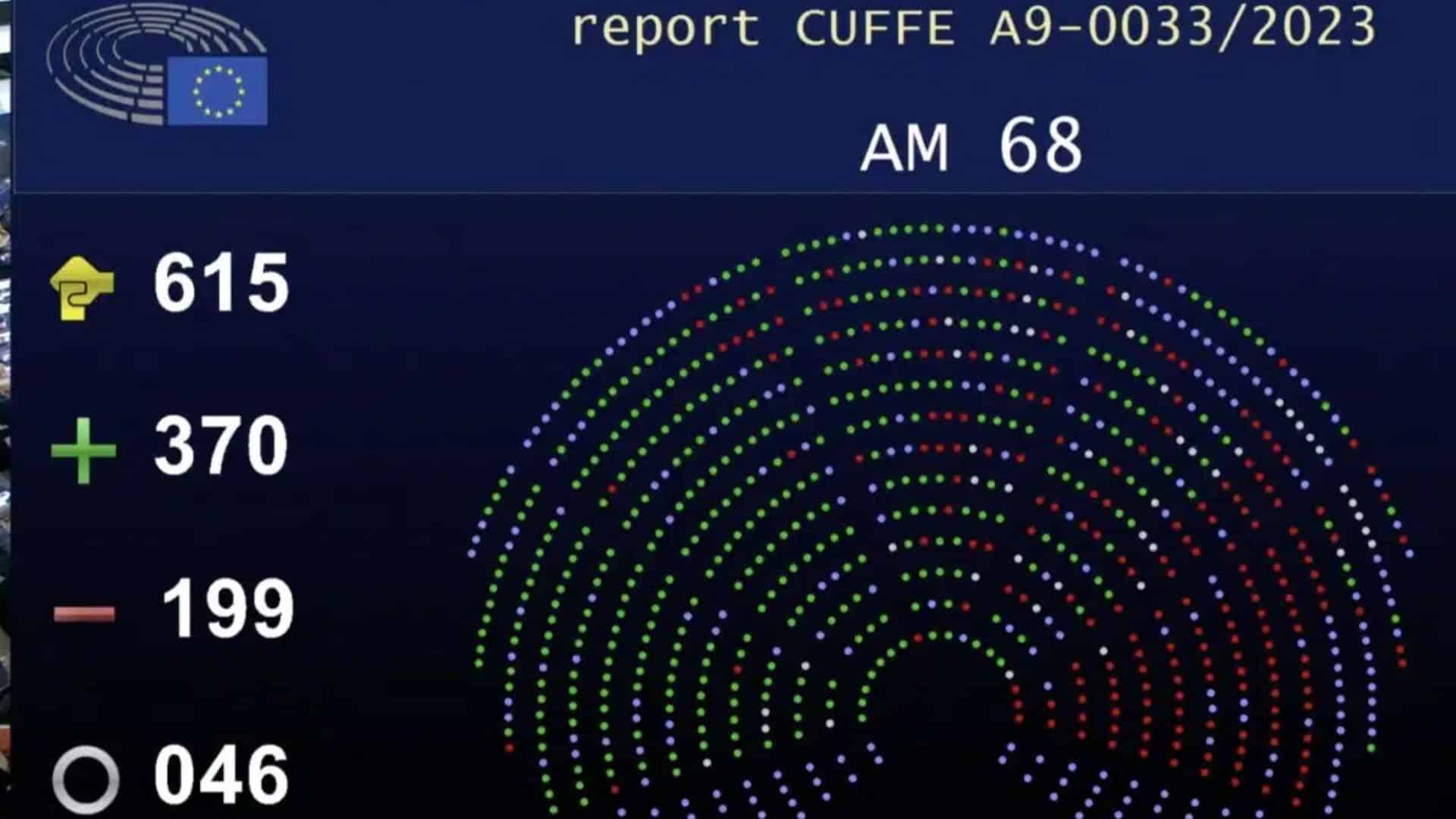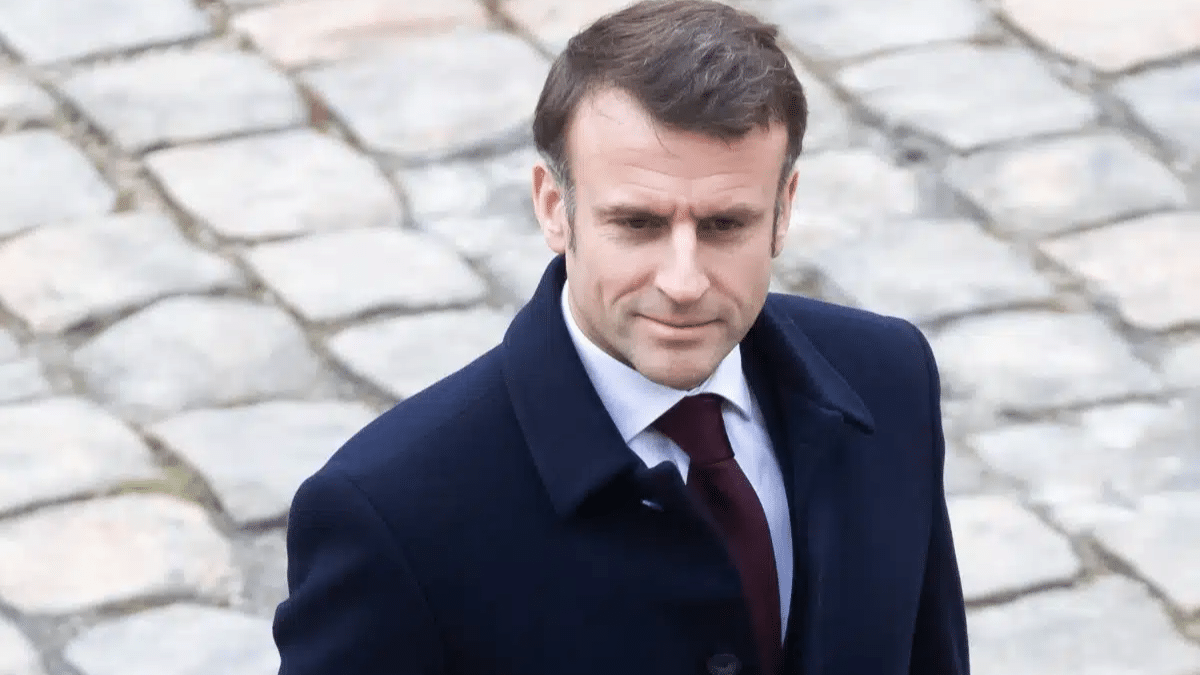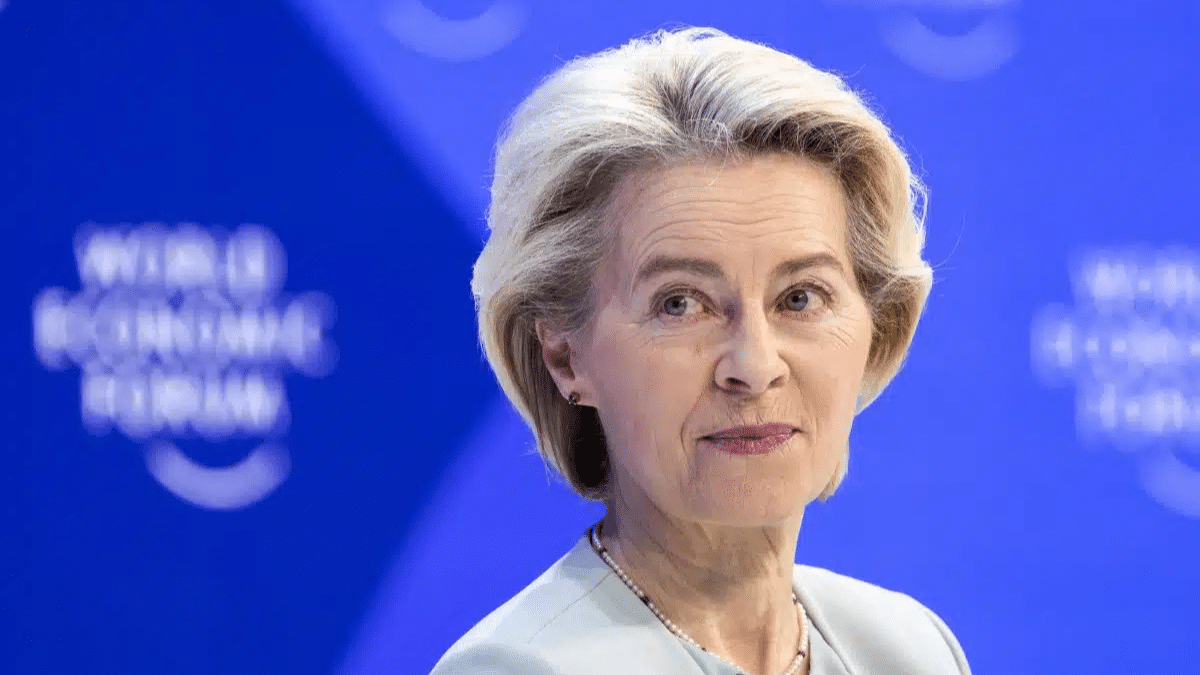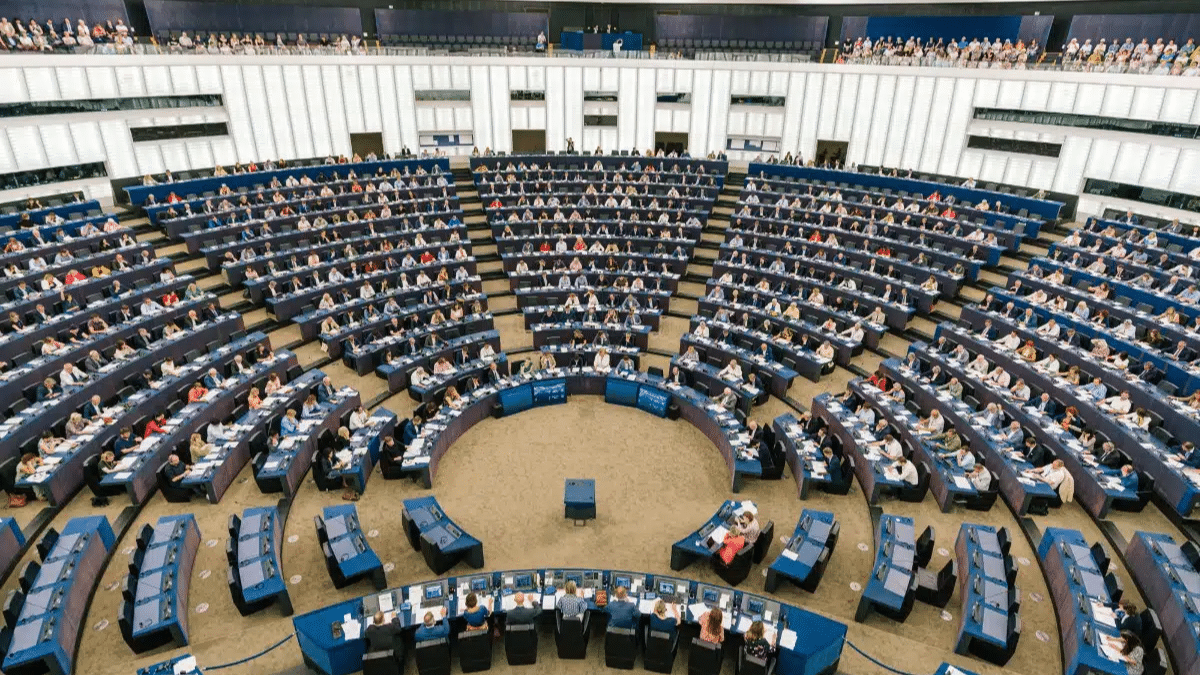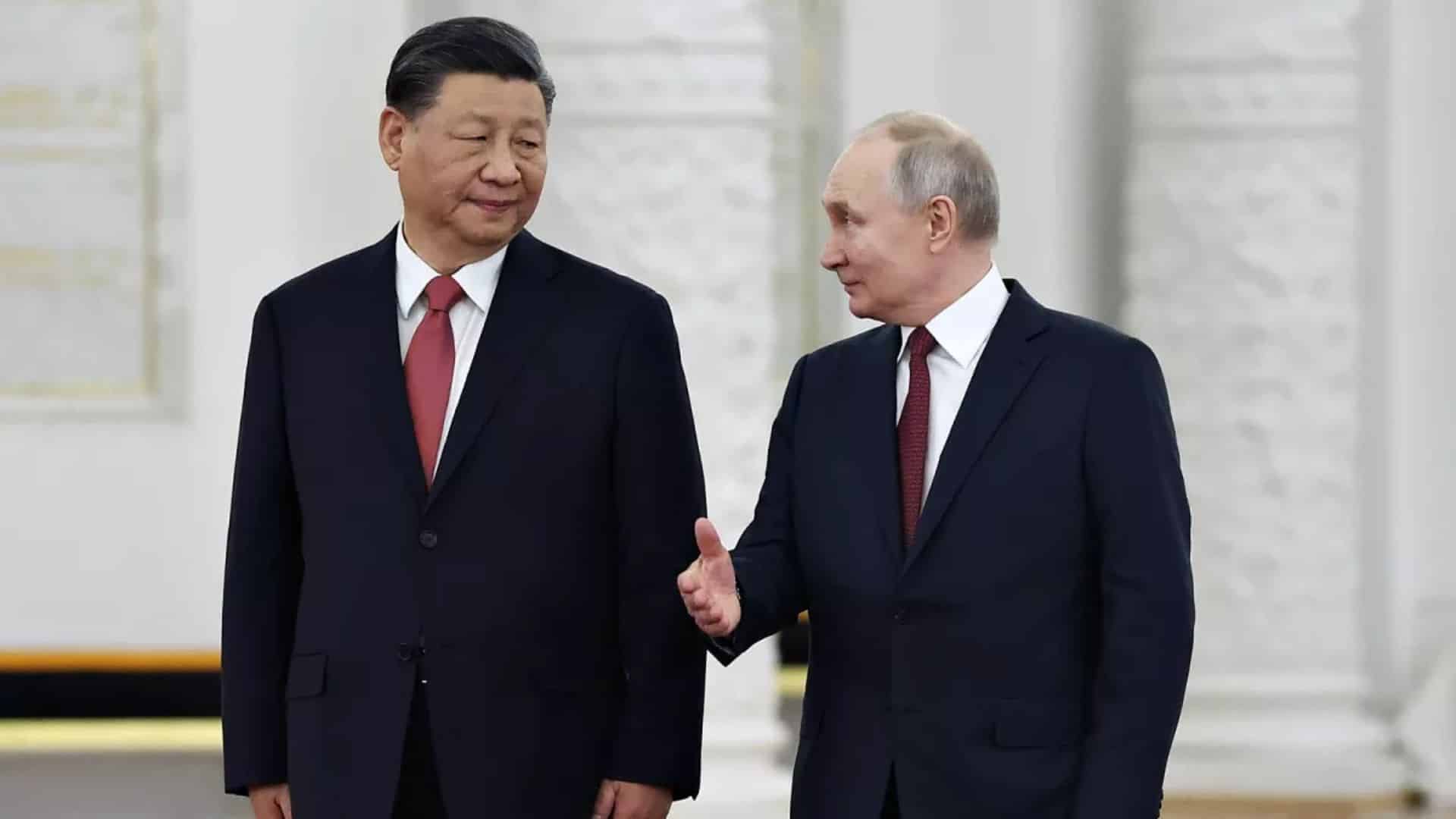
The EU has approved fresh sanctions against Russia, marking the first instance of blacklisting companies located in mainland China
On Wednesday, the European Union (EU) agreed to impose a new set of sanctions on Russia, targeting mainland Chinese companies for the first time. The sanctions are specifically aimed at companies suspected of assisting the Kremlin in acquiring prohibited items. The measures primarily focus on combating circumvention, with a particular emphasis on global firms accused of supplying advanced technology and military goods, including drone components, to Russia. The sanctions also extend to companies from various countries, such as Turkey and North Korea. The blacklist has now expanded to include nearly 200 individuals and entities, predominantly from Russia, bringing the total to over 2,000 names.
While the sanctions address issues related to advanced technology and military goods, they do not encompass individuals allegedly involved in the death of Alexei Navalny, a prominent critic of President Vladimir Putin. Moreover, tighter restrictions on aluminum were omitted due to ongoing divisions on the matter. Specific details of the sanctions will be disclosed upon publication in the EU’s official journal later this week.
Ursula von der Leyen, the President of the European Commission, emphasized the need to undermine Putin’s military capabilities through these sanctions. Previous attempts to penalize Chinese companies faced resistance from Beijing officials and certain EU member states, but the deepening ties between Russia and China prompted a renewed effort.
The EU’s latest sanctions, the 13th package since February 2022, also target Russian-operated institutions involved in re-educating abducted Ukrainian children, leading to an arrest warrant against President Putin by the International Criminal Court. The approval of these sanctions was strategically timed to coincide with the second anniversary of the war in Ukraine. While Hungary initially slowed down the process due to concerns about restrictions on Rosatom, Russia’s nuclear monopoly, the penalties were eventually approved three days before the symbolic deadline marking two years since Russia’s invasion of Ukraine.
The latest package primarily focuses on combating sanctions evasion, a persistent challenge likened to a game of Whac-A-Mole. Several countries, including China, the United Arab Emirates, Turkey, Kyrgyzstan, Kazakhstan, Uzbekistan, Serbia, and Armenia, have been under EU scrutiny for months. The EU has introduced an anti-circumvention tool, activated as a last resort, allowing restrictions on trade flows with entire countries. However, its implementation requires unanimous approval from member states, posing a growing challenge.
A diplomat, speaking anonymously, acknowledged that the effectiveness of sanctions on Russia has not met the EU’s initial expectations, as Russian society continues to achieve its objectives. The International Monetary Fund’s recent forecast upgraded Russia’s economic prospects, attributing the improvement to high military spending and strong consumption.

